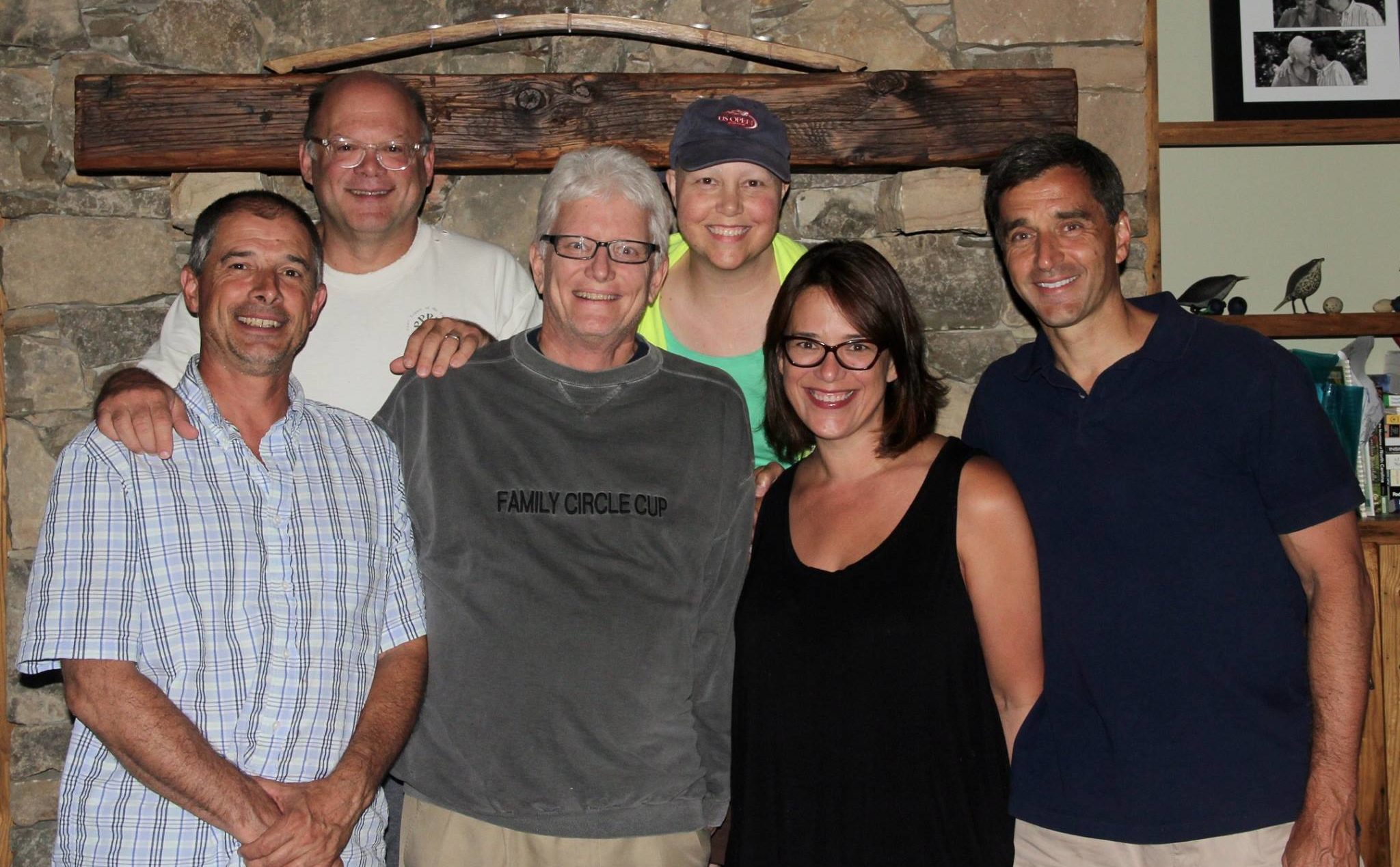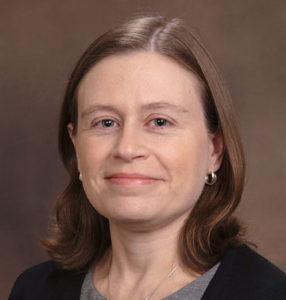In ministry, going it alone can be downright depressing and, in extreme cases, deadly.
Isolation, real or imagined, can lead ministers into burnout, emotional distress, heart disease and sometimes suicide.
It prompts the age-old question: who pastors the pastors?
Religious groups have tried to answer that question in different ways, from sabbaticals and counseling to diets and gym memberships.
One approach that seems to be working in a number of settings, including in the Cooperative Baptist Fellowship, is to bring ministers together in peer groups.
That approach can take on different looks and operate in a number of ways, but as a whole it is designed to prevent or end the loneliness common among men and women who are called to ministry.
Forging relationships with fellow ministers can reduce the stress that often comes with leading congregations or ministries.
“The importance of being with other people who get it is extremely important,” said Laura Stephens-Reed, one of four regional directors in the CBF’s Peer Learning Group system.
“It’s helpful knowing you are not the only one who has dealt with” a particular situation in ministry, she said.
Stephens-Reed shared how the groups promote healthier ministers and, by extension, healthier congregations.
What are Peer Learning Groups, or PLGs?
They are a collection of five or more minsters that gathers on a regular basis for learning and support. It’s very flexible. Different groups use different formats. Some of them meet in person, some of them do it virtually. Some of them do a combination. The main goal … is that ministers have a group they can go to for encouragement and do professional development alongside that.
Are members of the groups exclusively CBF ministers?
Some of our groups of made up of all CBF folks but we also have some that are ecumenical. In those cases … a CBF minister might be the only CBF minister in the area. With no other CBF church in a drivable distance, they reach out to local ministers for support.
How many groups are there in the territory you oversee?
My area is Alabama, Florida, Georgia and South Carolina. … I have about 30 groups and at any given time there are a couple trying to get off the ground. The largest region is the Eastern Seaboard, which has over 40 groups. There are over 125 groups altogether and we are always looking to start more.
Are ministers sometimes initially skeptical about the value of participating?
We just had a discussion about what are the points of resistance. They feel they don’t need it, that they don’t have time, that they don’t know how to start it, or just be part of it. One of the groups we are targeting in the coming year is minsters in their first call — maybe about six months in.

A group of six Baptist ministers have held their own peer gatherings for years. Front row from left, Russ Dean, Don Flowers, Amy Butler and Jim Somerville, together with, back row, John Ballenger and Dorisanne Cooper.
Does desperation convince the initially skeptical to try the program?
In some ways I would think so. I’ll be surprised if we are not going to have a sharp uptick looking for PLGs this coming year. As tough as ministry is, it’s getting tougher. And now a lot of ministers are struggling with how to bridge the political and religious divide.
How do the groups help ministers most?
Primarily it’s about mental and spiritual health, although I am sure there are some ministers … encouraging one another to take better care of their physical health. And it would be the same for financial health and financial literacy.
What kinds of responses do you typically get from group members?
We hear on a regular basis “my PLG saved my ministry.” For ministers who were really stressed and dealing with depression in some ways, we’ll hear “the group saved my life.” Knowing that you are not alone is huge in ministry and isolation is a primary predictor of clergy burnout. That is what we are trying to address with these PLGs.



